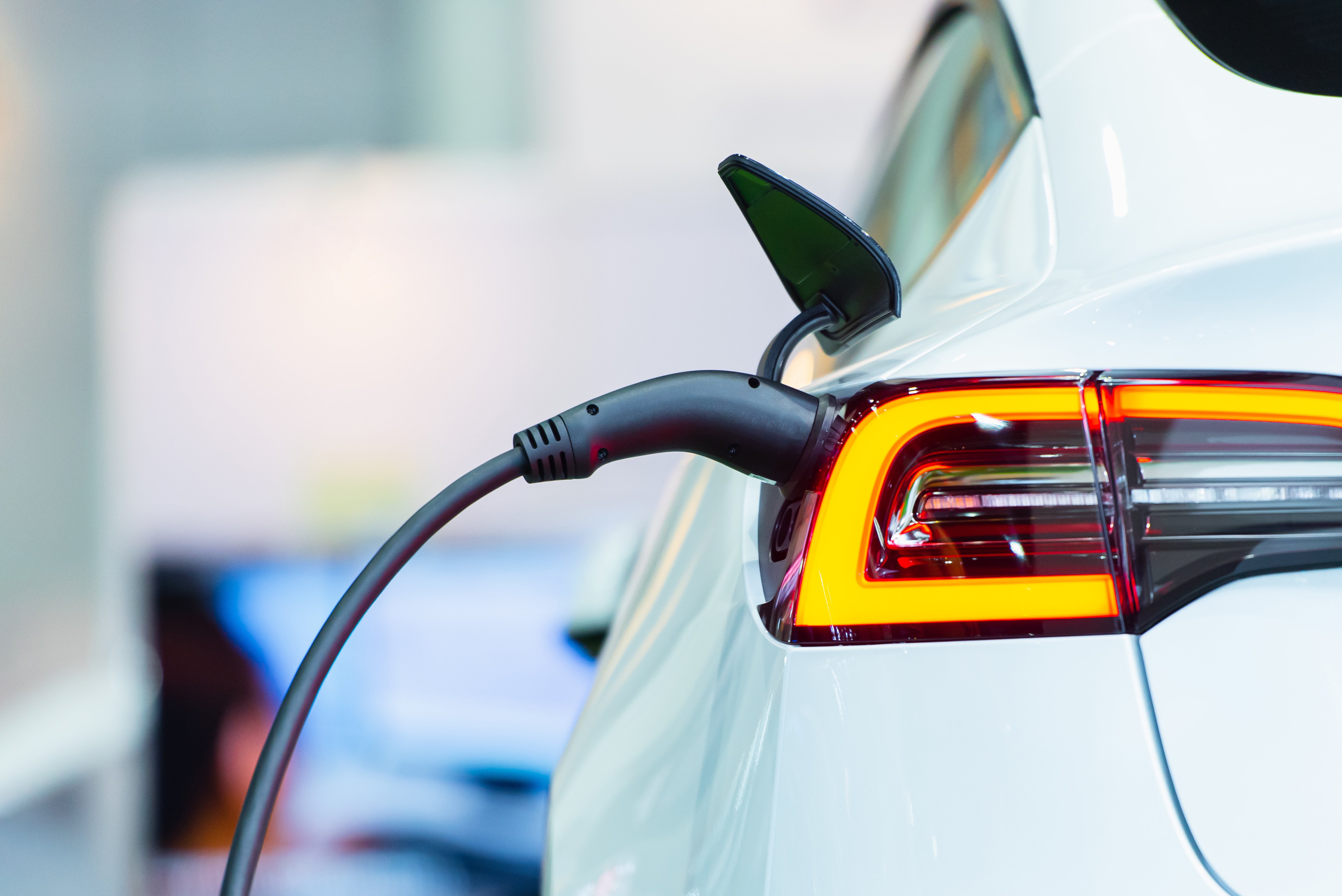Contributed by: Joshua C., FreeTaxUSA Agent, Tax Pro

The One Big Beautiful Bill Act (OBBBA), signed into law on July 4, 2025, has introduced sweeping changes to federal tax policy, including a dramatic shift in how clean vehicle credits are handled.
Previously, under the Inflation Reduction Act, the clean vehicle credit was used to incentivize purchases of electric and fuel cell vehicles. This was expected to be available through 2032, but the OBBBA has now set the credit to expire on September 30, 2025. This means that only vehicles purchased and placed in service before that date will qualify for the credit on tax returns.
For taxpayers preparing prior year returns, the clean vehicle credit remains available under the applicable tax year rules. Businesses and tax-exempt organizations may still claim the credit for commercial vehicles on prior year returns, provided the vehicle meets manufacturer qualifications and is used exclusively for business purposes.
The OBBBA’s impact extends beyond clean vehicles. It also terminates or reduces other energy-related credits, such as those for residential solar panels and energy-efficient home improvements, effective December 31, 2025.
Taxpayers considering an electric vehicle purchase should act quickly as the credit expires September 30, 2025. With the clock ticking toward the deadline, securing eligibility for the clean vehicle credit requires timely action and careful documentation.
Also see:
Qualifying and claiming a clean vehicle credit)
How does the One Big Beautiful Bill Act (OBBBA) impact energy efficient home improvement credits?